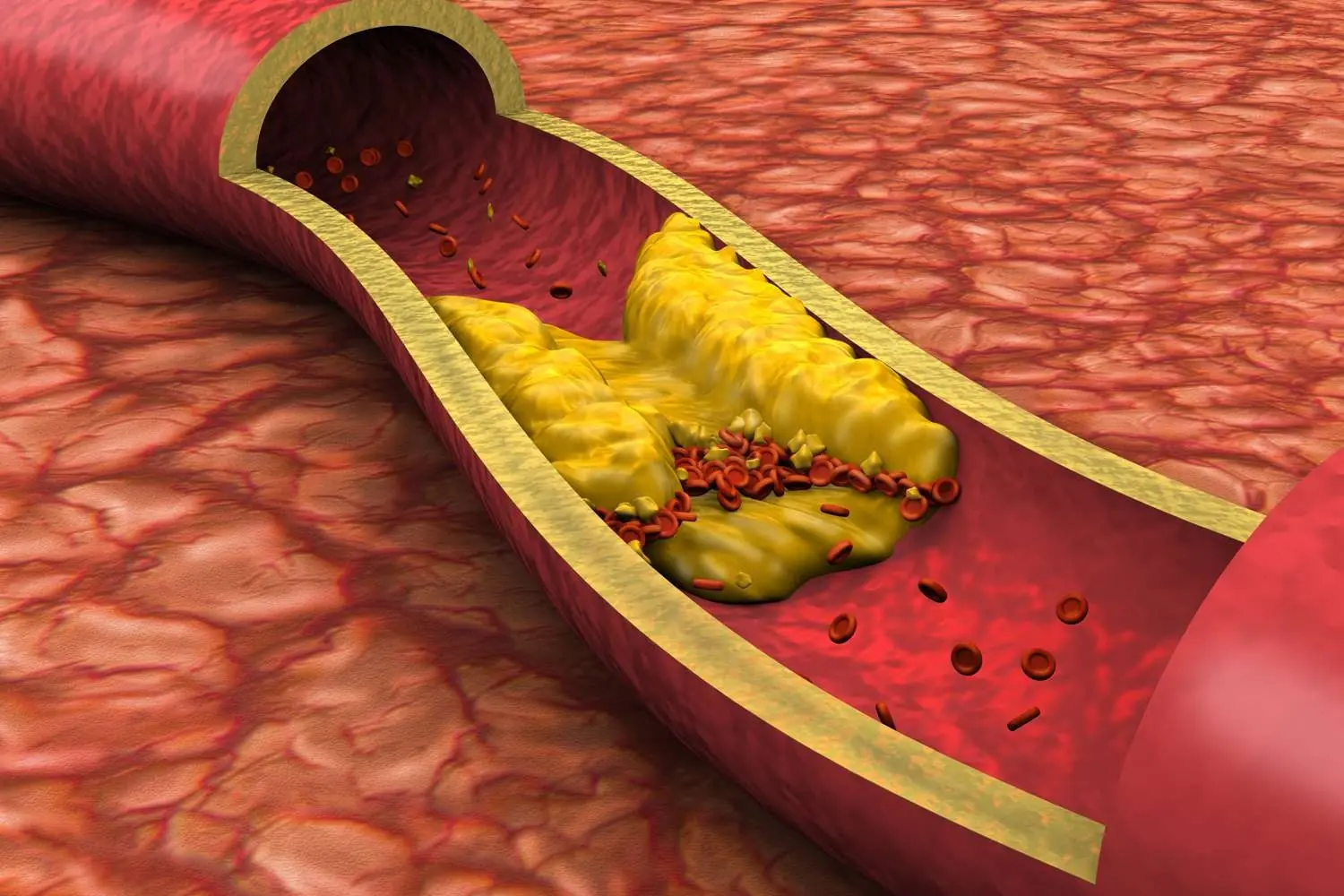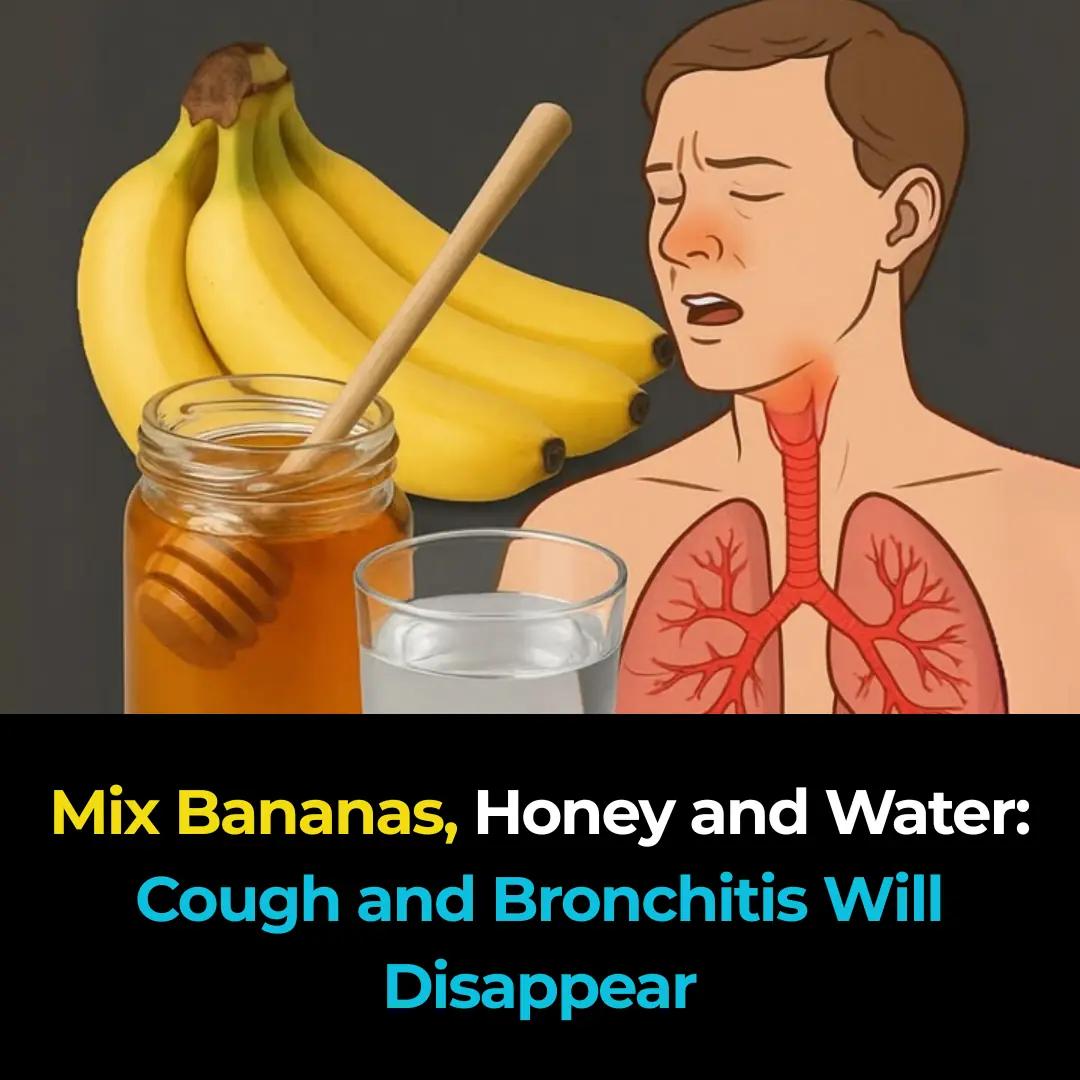
Lesser-Known Menopause Symptoms
Lesser-Known Menopause Symptoms
Menopause is commonly associated with hot flashes and mood swings, but for many women, this transition also brings a variety of unexpected symptoms. These lesser-known effects can be confusing and unsettling, especially because they aren't widely discussed.
The good news is that you are not alone, and most of these changes are a normal part of the process. Let's explore some surprising menopause symptoms and how you can manage them to feel more like yourself again.

9 Surprising Menopause Symptoms
1. Hypersensitivity to Smells You may suddenly find that the scent of your favorite perfume or a cooking dinner makes you feel nauseous. This is because hormonal changes can heighten your sensitivity to smells.
-
What to do: Keep windows open or use an air purifier. Opt for fragrance-free products like unscented cleaners and lotions.
2. Burning Mouth Syndrome This is a real condition that causes a tingling, burning, or scalding sensation in the mouth. It's thought to be caused by hormonal changes affecting your taste buds and oral nerve endings.
-
What to do: Stay hydrated with cool water. Avoid acidic or spicy foods, and use an alcohol-free mouth rinse.
3. The "Menopausal Belly" Many women notice an increase in belly fat even with regular exercise and a healthy diet. This change in fat distribution is a result of a drop in estrogen.
-
What to do: Focus on a diet rich in fiber and protein and prioritize strength training to maintain muscle mass.
4. Increased Sensitivity to Noise If background chatter suddenly feels unbearable, it could be due to fluctuating estrogen levels that affect your auditory system.
-
What to do: Use earplugs or noise-canceling headphones when you need to, and try mindfulness techniques to reduce sensory overload.
5. New Allergies or Sensitivities Menopause can trigger new allergic responses, including skin rashes, food intolerances, or respiratory issues.
-
What to do: Keep a diary to track your symptoms and consult a healthcare provider for allergy testing.
6. Changes in Hair Texture Lower estrogen levels can reduce the nutrients delivered to your hair follicles, leading to thinner, drier, or more brittle hair.
-
What to do: Use gentle, sulfate-free shampoos and minimize heat styling. Make sure your diet is rich in protein and iron.
7. Itchy, Dry Skin Reduced oil production and collagen loss can leave your skin feeling tight, dry, and itchy.
-
What to do: Use a good moisturizer with ingredients like hyaluronic acid. Avoid long, hot showers and use a humidifier in your home.
8. Brain Fog Many women experience brain fog during menopause, which can affect memory, focus, and mental clarity.
-
What to do: Prioritize sleep and stay mentally engaged with puzzles or learning new skills.
9. Breast Tenderness or Texture Changes Fluctuating hormones can cause breast pain or noticeable changes in texture.
-
What to do: Wear a well-fitting, supportive bra. It's always a good idea to perform monthly self-exams and talk to your doctor about any persistent pain.
Final Thoughts
Menopause is a natural transition, but the symptoms can be unexpected and challenging. Understanding these lesser-known effects can help you feel more empowered and better equipped to manage this stage of your life. If your symptoms are severe or persistent, don't hesitate to consult a doctor for a personalized treatment plan.
News in the same category


Clogged Arteries Mean Poor Blood Circulation and Risks of Heart Attacks. Here is How You Can Clean Your Arteries from Plaque

Get Rid of Throat Mucus Faster With These Simple Natural Treatments That Work

Scientists Have Discovered Hidden Brain Patterns That May Predict Your Intelligence

One Vitamin That Could Transform Your Circulation

Why Cold Showers on Hot Summer Nights May Keep You Awake

Signs Your Cortisol Is Dangerously High

He Never Drank Alcohol but Died of Liver Failure: Doctors Reveal 4 Common Foods That Quietly Destroy the Liver
A man who stayed away from alcohol his entire life shocked his family when he was diagnosed with liver failure and passed away at just 55 years old. Doctors warn that alcohol is not the only enemy of the liver—certain everyday foods can be just as destr

Vitamin D Overdose: When Good Intentions Turn Toxic
Vitamin D is often celebrated as the “sunshine vitamin,” vital for bone strength, immune health, and even protection against certain chronic diseases. But while moderate amounts are essential, excessive or unsupervised intake can be toxic—and in som

6 Types of Pain You Shouldn’t Ignore
Occasional mild discomfort may not require urgent care, but sudden, unexplained, or severe pain always deserves medical attention.

Scrolling on the Toilet? Experts Warn It Could Trigger Painful Hemorrhoids
For many, the bathroom has become more than a necessity—it’s a private escape, a brief pause in the day, and for some, even a mini reading lounge. But researchers warn that lingering too long with your smartphone on the toilet may quietly be raising y

Stroke Rates Soar Among US Adults: Experts Warn of Alarming Trend
The burden of stroke in the United States has climbed sharply over the past three decades, with millions now living with its long-term effects. While medical progress has reduced mortality rates, the overall number of cases continues to rise—especially

Beetroot Juice’s Nitrate Effect: A Natural Way to Support Heart Health
Beetroot juice isn’t just a vibrant superfood—it may hold the key to naturally lowering blood pressure, especially for older adults. A new study shows how the nitrates in this root vegetable can transform cardiovascular health and reshape the body’s

Your unexplained fatigue and bloating could be intestinal parasites feeding off you right now

Mix Bananas, Honey and Water: Cough and Bronchitis Will Disappear

Forget 10,000 steps: Scientists prove 7000 steps gives you ‘almost identical’ life-saving benefits

What Is Sleep Talking?

Farting Too Much at Night: Here’s What It Might Mean

What Foamy Urine Might Be Trying to Tell You
News Post

10 Warning Signs You’re Eating Too Much Sugar – Many People Ignore #5

Go to the market and see that pork has these 4 characteristics

Clogged Arteries Mean Poor Blood Circulation and Risks of Heart Attacks. Here is How You Can Clean Your Arteries from Plaque

Get Rid of Throat Mucus Faster With These Simple Natural Treatments That Work

Scientists Have Discovered Hidden Brain Patterns That May Predict Your Intelligence

Cactus and little-known medicinal remedies

Put an empty plastic bottle in the washing machine, I admit the person who came up with this trick has a "top notch" IQ

MAHA Chief Medical Advisor Dr. Aseem Malhotra Just Declared That No One Should Have Ever Taken the COVID mRNA Vaccines.

New mRNA Shot Turns Immune Cells Into Cancer-Killers Directly Inside the Body, Study Finds

One Vitamin That Could Transform Your Circulation

Why Cold Showers on Hot Summer Nights May Keep You Awake

Signs Your Cortisol Is Dangerously High

Genius Laundry Hack: Why Putting an Empty Plastic Bottle in Your Washing Machine Can Save Time and Hassle
It may sound strange, but dropping a simple empty plastic bottle into your washing machine could completely change the way you do laundry. This clever trick not only prevents clothes from tangling but also improves the overall cleaning process, making you

How long should frozen meat be thrown away? Here's the answer.

Put a Roll of Toilet Paper in the Fridge Overnight: The Unexpected Hack That Saves Families a Fortune
A simple household item can become a powerful money-saving tool if you know how to use it wisely. Believe it or not, placing a single roll of toilet paper inside your refrigerator overnight can help reduce odors, prevent frost buildup, and even cut down y

This is the reason why you should plant aloe vera in your home right away.

Groom-To-Be, 28, Dies of Acute Liver Failure After Eating Chicken: Doctors Urge the Public to Beware of This Hidden Danger
The tragic story of a young man in China who was preparing for his wedding but suddenly died from acute liver failure after food poisoning has shocked the nation. Experts warn that improper food handling and consumption of spoiled or contaminated food can

He Never Drank Alcohol but Died of Liver Failure: Doctors Reveal 4 Common Foods That Quietly Destroy the Liver
A man who stayed away from alcohol his entire life shocked his family when he was diagnosed with liver failure and passed away at just 55 years old. Doctors warn that alcohol is not the only enemy of the liver—certain everyday foods can be just as destr

Vitamin D Overdose: When Good Intentions Turn Toxic
Vitamin D is often celebrated as the “sunshine vitamin,” vital for bone strength, immune health, and even protection against certain chronic diseases. But while moderate amounts are essential, excessive or unsupervised intake can be toxic—and in som